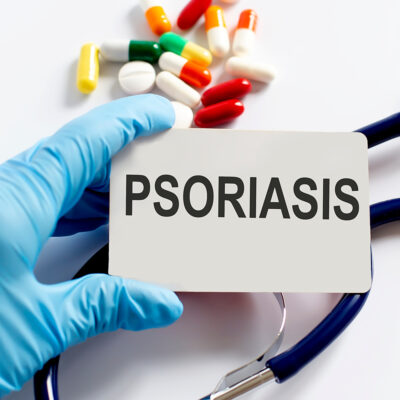Health
5 Early Warning Signs Of Diabetes
Navigating the nuances of diabetes, especially when considering type 1 diabetes, necessitates a keen awareness of the symptoms, signs, and risk factors associated with this chronic condition. If you have a family history of type 1 diabetes or are concerned about your susceptibility, recognizing the telltale signs is paramount. In this comprehensive guide, we delve into the symptoms of type 1 diabetes, the familial link to this condition, the crucial signs that demand attention, and the significance of regular diabetes screening for those at risk. By exploring the risk factors and causes of type 1 diabetes, individuals can proactively engage in preventative measures and early detection, fostering a proactive approach to overall health and well-being. 1. Excessive thirst (polydipsia) One of the early signs of diabetes, especially type 1 diabetes, is excessive thirst. Individuals may find themselves unusually parched and constantly reaching for fluids. This heightened thirst, known as polydipsia, occurs as the body tries to eliminate excess glucose through increased urination, leading to dehydration. If you notice an unexplained and persistent need for more fluids, it’s a signal that your body might be grappling with blood sugar imbalances. 2. Frequent urination (polyuria) Frequent urination, or polyuria, is another common symptom of diabetes, particularly in its early stages.
Read More
















